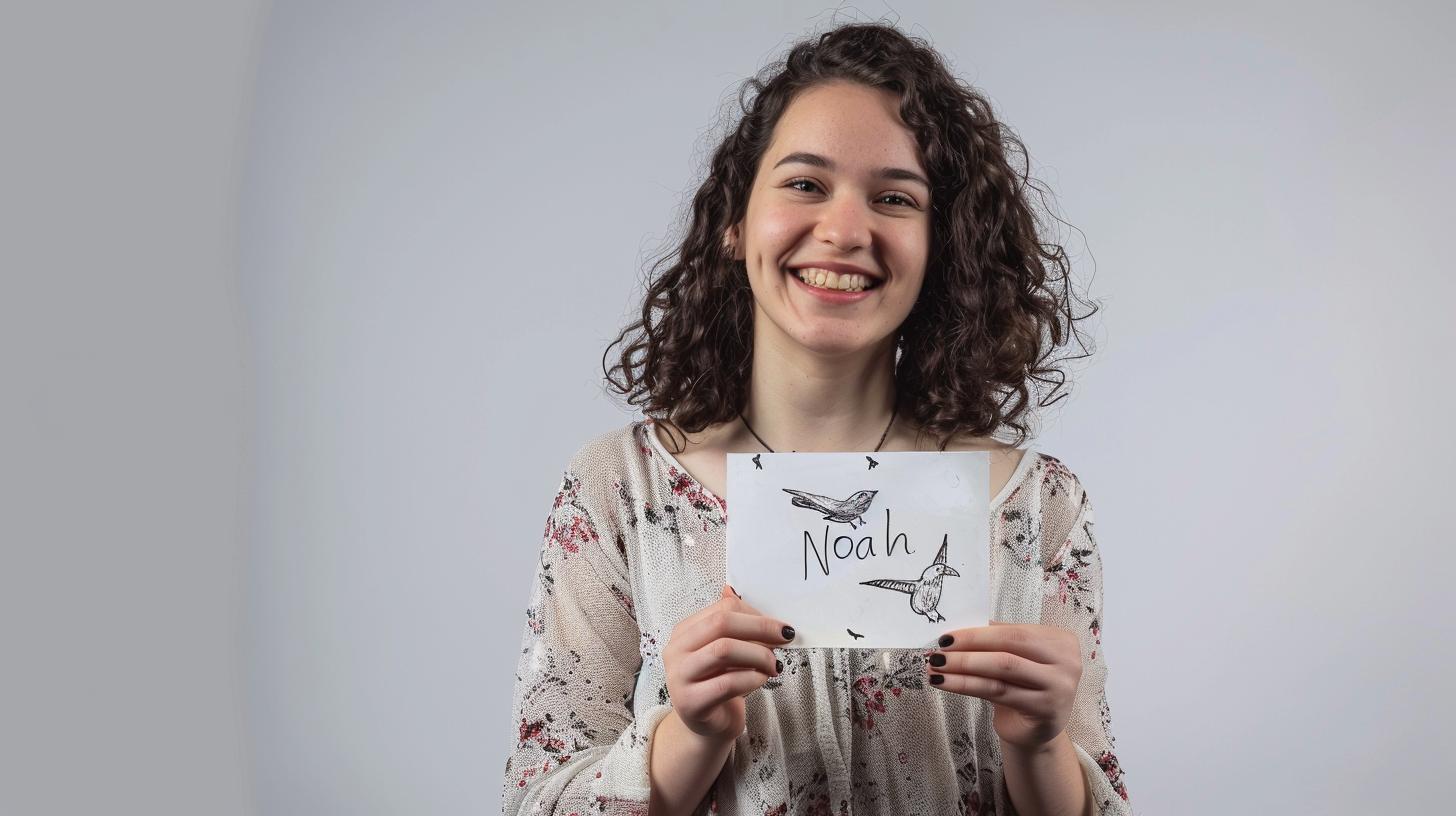The Eurovision Song Contest returned this week with a backdrop of heightened political tensions and significant artist dissatisfaction, following a tumultuous 2024 event in Malmö, Sweden. Traditionally a platform for creative expression and cultural celebration, this year's competition became mired in controversy, reflecting broader global issues, particularly the conflict in the Middle East.
The contest saw the emergence of boycott calls against Israeli participation, ignited by a recent escalation in violence amidst the Hamas-Israel conflict. Notably, prominent artists such as Olly Alexander from the UK and Irish hopeful Bambie Thug voiced their objections, advocating for “an immediate and lasting ceasefire, and the safe return of all hostages.” This marked a departure from previous contests where Israel’s involvement often prompted criticism but little tangible action. Despite these calls, the European Broadcasting Union (EBU) upheld its decision to allow Israel to compete, citing adherence to established rules. They framed their stance as a commitment to inclusivity, a viewpoint that has been met with scepticism from some artists and commentators who see inconsistency in the EBU's policies, especially considering Russia's exclusion after its invasion of Ukraine.
The atmosphere in Malmö during the contest was electric with protest. Estimates suggest that between 10,000 to 12,000 people demonstrated against Israel’s involvement. Climate activist Greta Thunberg was spotted among the crowds, where demonstrators carried banners highlighting the plight of Gaza civilians. The intensity of these protests resulted in some participants being forcibly removed from the venue for displaying Palestinian flags, in a clear demonstration of the difficulties in maintaining Eurovision's traditional apolitical stance. This also provoked debates around the role of cultural events in political discourse, with some arguing that such platforms can serve as important arenas for social activism.
Tensions peaked during the semi-finals, particularly during a press conference involving Israeli artist Eden Golan. There, Dutch contestant Joost Klein confronted Golan, questioning whether her presence compromised the safety of others. Golan defended her participation, citing the EBU's commitment to security and unity through music. Yet, the palpable atmosphere of protest and dissent continued into the finals, with increased police presence and further detentions.
Adding to the chaos, Klein was disqualified from the contest on allegations of threatening behaviour towards a production member. This decision was met with severe backlash from his home broadcaster, Avrotros, which labelled it as excessive. The situation highlighted the challenges faced by organisers in ensuring a safe environment for all participants whilst navigating the complexities of political sensitivities.
Amidst the turmoil, the contest also made history, as Swiss singer Nemo Mettler won with their song "The Code," marking the first non-binary victory in Eurovision's history. This achievement, however, was overshadowed by ongoing debates around representation and the festival's political dimension. The atmosphere was described as reflective of struggle rather than celebration, with widespread calls for the EBU to reassess its policies regarding participation and political neutrality.
Moreover, symbols of dissent were present throughout the event, with incidents involving the display of flags emerging as a point of contention. Despite an EBU mandate prohibiting political symbols, various indicators of Palestinian support emerged, as some artists seemed to challenge these guidelines boldly.
As Eurovision prepares for its next instalment in Basel, there is much to consider regarding how the event can navigate the evolving landscape of politics and culture. The delineation between entertainment and activism continues to blur, signalling a need for the EBU to adapt its framework to ensure inclusivity and harmony in a deeply divided sociopolitical climate.
Reference Map
- Paragraph 1: [1], [6]
- Paragraph 2: [1], [3], [4]
- Paragraph 3: [2], [4], [3]
- Paragraph 4: [1], [5]
- Paragraph 5: [6]
- Paragraph 6: [5], [6]
- Paragraph 7: [1], [2], [3]
Source: Noah Wire Services
